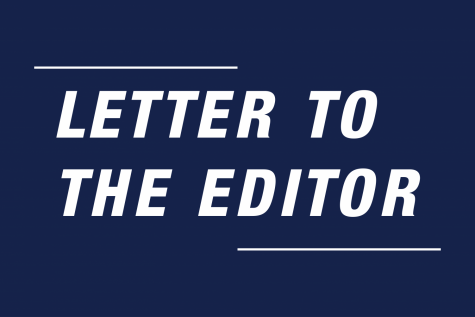CFAC leaders respond to DEI leaders, asking for conversation outside the Chronicle
February 26, 2021

It was with great disappointment that we read the open letter published in the Chronicle from Raquel Monroe and Folayemi Wilson. The CFAC members, on ArTT, sent an internal email to all the ArTT Fellows expressing concern over the [President Kwang-Wu] Kim Administration trying to circumvent union procedures, among other issues.
The process of the representative body (CFAC, Columbia Faculty Union) determining union representation is protected by labor law, to counter an employer’s unfair power advantage. The CFAC members on ArTT, were asking for an opportunity to address these concerns.
Their letter goes on to request transparency and collaboration: “an open discussion on how to best work together and move forward as a community to ensure that ArTT is not simply reinforcing white supremacist systems.” For some reason, Monroe and Wilson chose to interpret the letter as a personal critique of them, though it is clearly directed at the Kim Administration, under which we all work.
The response, in The Chronicle, side-stepped the concerns raised, while making accusations against the union leadership. It also failed to mention repeated requests by CFAC leadership to meet with Monroe and Wilson regarding these same concerns and asking for a dialogue.
Responding through a public letter to the editor results in a chilling effect, silencing voices and undermines the good work of all ArTT Fellows. We ask you: Is The Columbia Chronicle an appropriate vehicle for communication among ArTT fellows? How does that promote dialogue?
Going forward, CFAC hopes all parties will find a way to approach each other with openness, respect, and dignity; engaging a tone of respectful inquiry when we do not understand each other. Fostering an environment of belonging, especially for those who are outside of historical American norms, is the heart of DEI.
Dismantling racism will require hard discussions and dialogue free from undue influence. There is much work to be done. These discussions will not be easy, but we are committed to having them. The work will be difficult, but together we can rise to the challenge.
Diana Vallera, CFAC President
Andrea J. Dymond, CFAC Vice President
Lisa Formosa-Parmigiano, CFAC Secretary
Susan Van Veen, CFAC Treasurer
Michael E.Towns, Publicity Chair
Magica Bottari, Membership Chair
Deb Doetzer, Negotiations Chair







